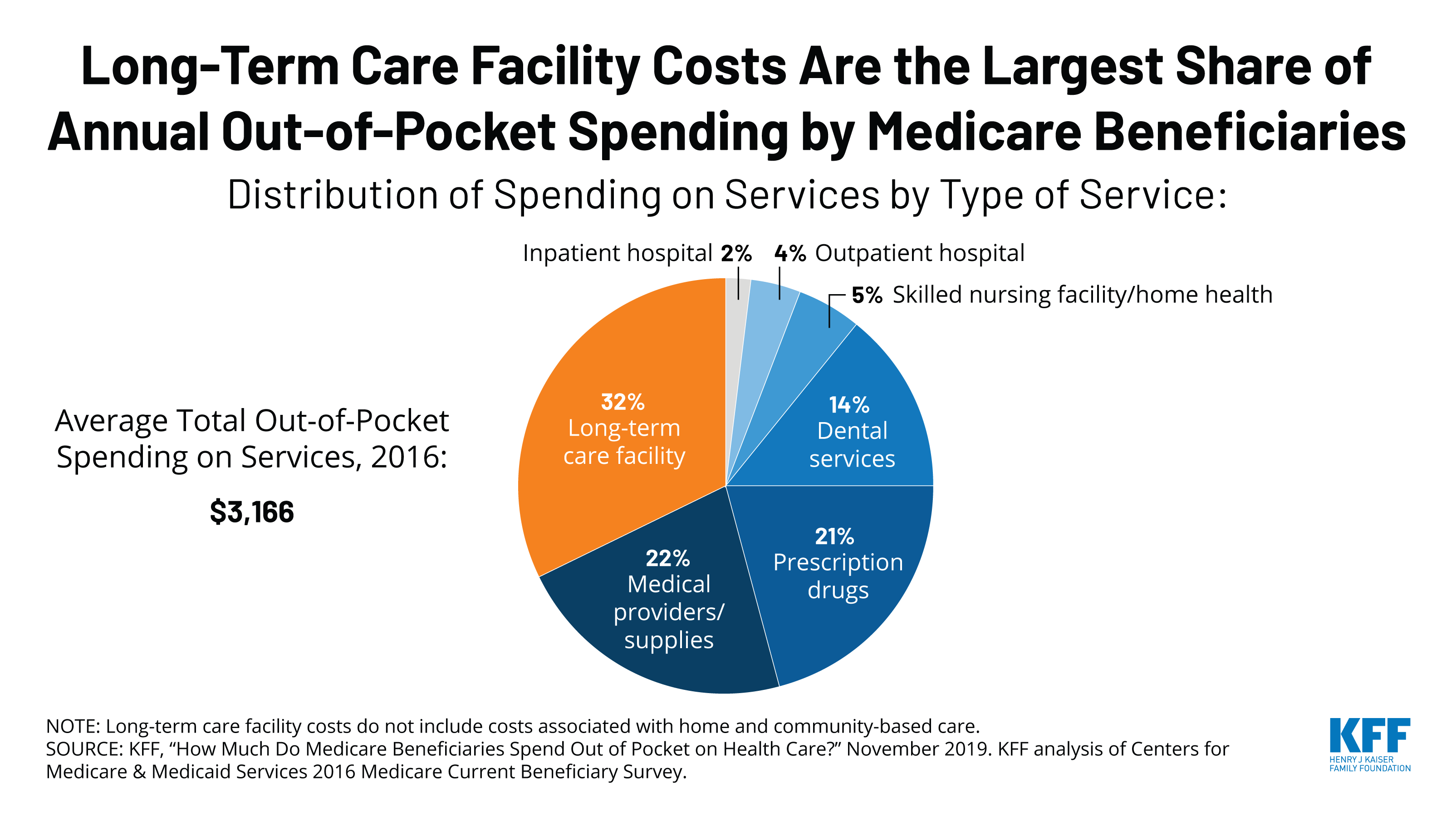The population of Tamil Nadu has greatly benefited, for instance, from its splendidly run mid-day meal service in schools and from its extensive system of nutrition and healthcare of pre-school children. The message that striking benefits can be enjoyed from major efforts at institutingor even moving towardsuniversal healthcare is difficult to miss.
Perhaps most importantly, it indicates including ladies in the delivery of health and education in a much larger way than is typical in the establishing world. The concern can, nevertheless, be asked: how does universal healthcare become economical in bad countries? Indeed, how has UHC been afforded in those countries or states that have run against the extensive and established belief that a bad nation must first grow rich prior to it is able to fulfill the expenses of healthcare for all? The supposed sensible argument that if a nation is poor it can not offer UHC is, however, based on crude and faulty economic thinking (how much does home health care cost).
A poor country may have less money to invest on health care, but it also requires to spend less to provide the exact same labour-intensive services (far less than what a richerand higher-wageeconomy would have to pay). Not to consider the ramifications of large wage distinctions is a gross oversight that distorts the discussion of the cost of labour-intensive activities such as healthcare and education in low-wage economies.
Given the hugely unequal circulation of earnings in numerous economies, there can be serious inefficiency along with unfairness in leaving the distribution of health care completely to individuals's respective capabilities to buy medical services. UHC can cause not just higher equity, however likewise much larger general health accomplishment for the nation, since the remedying of much of the most easily treatable diseases and the prevention of readily avoidable ailments get left out under the out-of-pocket system, because of the failure of the poor to manage even very elementary health care and medical attention.
This is not to reject that remedying inequality as much as possible is a crucial valuea subject on which I have written over numerous decades. Decrease of economic and social inequality likewise has instrumental significance for great health. Definitive evidence of this is supplied in the work of Michael Marmot, Richard Wilkinson and others on the "social determinants of health", revealing that gross inequalities damage the health of the underdogs of society, both by undermining their way of lives and by making them prone to harmful behaviour patterns, such as smoking and excessive drinking.
Healthcare for all can be implemented with relative ease, and it would be an embarassment to delay its accomplishment up until such time as it can be integrated with the more complicated and tough objective of getting rid of all inequality. Third, lots of medical and health services are shared, instead of being solely used by each private separately.
A Biased View of You Should Examine All Of The Following Except
Health care, therefore, has strong elements of what in economics is called a "cumulative great," which generally is very inefficiently designated by the pure market system, as has been extensively gone over by financial experts such as Paul Samuelson. Covering more people together can in some cases cost less than covering a smaller number separately.
Universal protection prevents their spread and cuts expenses through better epidemiological care. This point, as used to specific regions, has actually been acknowledged for a very long time. The conquest of upsurges has, in fact, been accomplished by not leaving anybody untreated in areas where the spread of infection is being tackled.
Today, the pandemic of Ebola is causing alarm even in parts of the world far away from its location of origin in west Africa. For example, the United States has actually taken numerous costly steps to prevent the spread of Ebola within its own borders. Had there worked UHC in the native lands of the illness, this issue could have been reduced and even removed (what is home health care).
The computation of the ultimate economic costs and benefits of health care can be an even more complicated procedure than the universality-deniers would have us believe. In the lack of a fairly well-organised system of public health care for all, lots of individuals are affected by costly and ineffective private healthcare (what might happen if the federal government makes cuts to health care spending?). As has actually been evaluated by many economic experts, most significantly Kenneth Arrow, there can not be a knowledgeable competitive market stability in the field of medical attention, due to the fact that of what economists call "uneven details".
Unlike in the market for many products, such as t-shirts or umbrellas, the purchaser of medical treatment understands far less than what the seller the doctordoes, and this vitiates the efficiency of market competitors. This uses to the market for health insurance too, since insurer can not totally know what clients' health conditions are.
And there is, in addition, the much bigger problem that personal insurer, if unrestrained by guidelines, have a strong monetary interest in excluding patients who are required "high-risk". So one method or another, the government has to play an active part in making UHC work. The problem of uneven information applies to the delivery of medical services itself.

Not known Details About How Do Patient Care Managers And Support Staff Use The Data Documented In The Health Record?
And when medical workers are limited, so that there is not much competitors either, it can make the predicament of the purchaser of medical treatment even worse. In addition, when the service provider of health care is not himself skilled (as is frequently the case in lots of countries with lacking health systems), the situation becomes worse still.
In some countriesfor example Indiawe see both systems operating side by side in different states within the country. A state such as Kerala offers fairly trustworthy basic health care for all through public servicesKerala originated UHC in India numerous years back, through substantial public health services. As the population of Kerala has actually grown richerpartly as a result of universal healthcare and near-universal literacymany individuals now choose to pay more and have additional personal health care.

In contrast, states such as Madhya Pradesh or Uttar Pradesh offer numerous examples of exploitative and ineffective health care for the bulk of the population. Not remarkably, people who live in Kerala live much longer and have a much lower occurrence of preventable health problems than do individuals from states such as Madhya Pradesh or Uttar Pradesh.
In the absence of organized take care of all, diseases are often enabled to develop, which makes it a lot more expensive to treat them, typically involving inpatient treatment, such as surgical treatment. Thailand's experience plainly demonstrates how the need for more expensive treatments may http://ricardolpfk357.raidersfanteamshop.com/the-definitive-guide-to-what-are-the-different-health-care-services go down greatly with fuller coverage of preventive care and early intervention.
If the development of equity is among the benefits of well-organised universal health care, improvement of effectiveness in medical attention is surely another. The case for UHC is typically ignored since of insufficient gratitude of what well-organised and cost effective health care for all can do to improve and enhance human lives.
In this context it is likewise required to bear in mind an important suggestion contained in Paul Farmer's book Pathologies of Power: Health, Human being Rights and the New War on the Poor: "Claims that we live in an era of limited resources fail to point out that these resources occur to be less restricted now than ever before in human history.